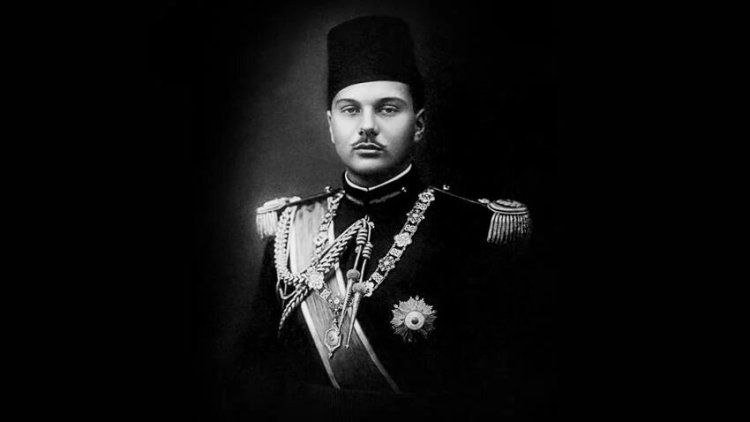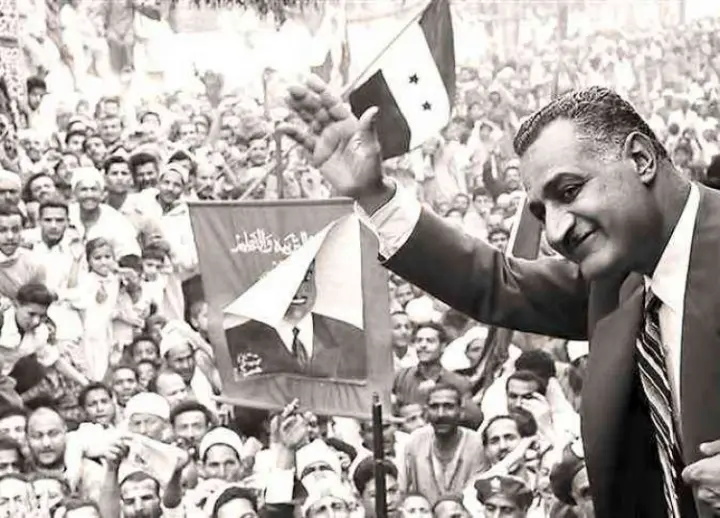Gamal Abdel Nasser, one of the most iconic leaders in Middle Eastern history, remains a symbol of national pride and resilience for Egypt. His life and leadership intertwined with the heart of Egypt’s struggles, aspirations, and identity, creating a historical love affair between the man and his nation. This article delves deep into the legacy of Nasser, highlighting his indomitable spirit, profound impact, and the complex relationship he shared with his homeland.
Who Was Gamal Abdel Nasser?
Born on January 15, 1918, in Alexandria, Nasser rose from humble beginnings to become Egypt’s second President, serving from 1956 until his untimely death in 1970. He was a military officer, revolutionary leader, and a visionary politician who championed Pan-Arabism and stood against Western imperialism.
Nasser's political journey began with his pivotal role in the Free Officers Movement, which led to the overthrow of King Farouk and the abolition of the monarchy in 1952. His leadership became synonymous with Egypt’s pursuit of self-determination and regional power.

Nasser’s Vision for Egypt
- Economic Independence
Nasser believed in breaking Egypt’s dependence on foreign powers. His ambitious economic policies centered around nationalization and industrialization. The most notable act was the nationalization of the Suez Canal in 1956, wresting control from British and French companies. This bold move not only funded Egypt's infrastructure projects but also symbolized its sovereignty.

- Social Reforms
Nasser’s land reforms aimed to redistribute wealth, reducing the economic disparities that plagued Egyptian society. Education and healthcare became focal points, with his administration working to make these services more accessible to the masses. - Pan-Arabism
Nasser envisioned a united Arab world. His leadership of the United Arab Republic (UAR), a short-lived political union between Egypt and Syria from 1958 to 1961, exemplified his aspirations. Although the UAR dissolved, his dream of Arab unity inspired generations.
The People’s President
Nasser's charisma and rhetoric earned him immense popularity. He was a man of the people, known for addressing Egypt’s citizens directly in stirring speeches. His famous “Voice of the Arabs” radio broadcasts resonated far beyond Egypt’s borders, cementing his position as a leader of the Arab world.

Challenges and Controversies
Despite his successes, Nasser’s tenure was not without challenges.
- The Six-Day War (1967)
The defeat of Egypt and its allies by Israel in the Six-Day War was a significant blow to Nasser’s vision of Arab unity and military strength. Though he accepted responsibility for the loss, his popularity endured as millions rallied behind him during this tumultuous time. - Authoritarian Rule
Nasser’s regime suppressed dissent and concentrated power. His use of censorship and crackdowns on political opposition drew criticism, yet many Egyptians justified these measures as necessary for stability.
Nasser’s Legacy
The love affair between Nasser and Egypt remains alive in the hearts of many Egyptians. His policies laid the foundation for Egypt’s modern identity, and his vision continues to inspire debates on leadership and national sovereignty. Monuments, schools, and public institutions across the country bear his name, serving as testaments to his enduring impact.
What are your thoughts on Gamal Abdel Nasser’s impact on Egypt? Share your views in the comments!
The Love Affair Between Gamal Abdel Nasser and Egypt